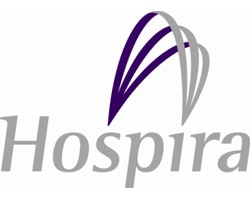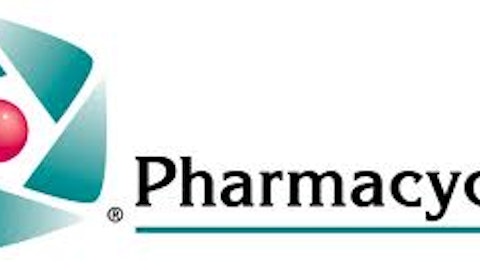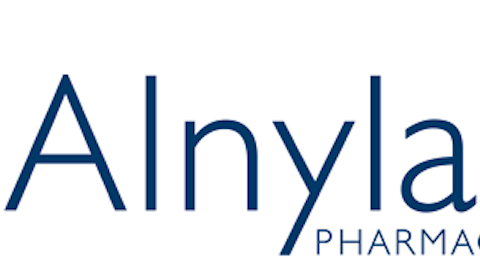Arthritis biologics like Remicade, Enbrel, and Humira are pricy drugs that many of the 50 million American arthritis patients – and hundreds of millions of patients worldwide – might not be able to afford. On the other hand, cheaper generic drugs are not as effective. Now, Hospira (NYSE:HSP) is developing Inflectra, a biosimilar for Remicade, that will be safer and more effective than generic options, but at a fraction of the cost of biologics.
A quick technical note: Biologics are large, complex molecules derived from living cells. These are usually branded, originally developed drugs.
Biosimilars, or generic biologics, are also derived from living cells; they may be structurally different from the original biologic, but have equivalent levels of safety and efficacy. Generic drugs, on the other hand, are structurally the same as biologics, but are developed synthetically, and often, though not always, are not as safe and effective as the original biologic.
Inflectra / Remsima

Arthritis market
Overall the global arthritis market is dominated by six companies comprising 62% of the total market, followed by generics and small players. As per GBI Research, the market will continue to grow at a CAGR of 7.2% to reach $38 billion by 2018.
Remicade is one of the world’s best selling medicines for arthritis therapy primarily developed by Johnson & Johnson (NYSE:JNJ). J&J markets Remicade in the US and its co-partner Merck & Co., Inc. (NYSE:MRK) markets the drug in Europe and other countries. During 2012, Remicade reported global sales $6 billion.
Prospect for Inflectra
The cost of treatment through biologics is high; for instance, average annual cost for treatment of RA through biologics is around $20,000-$65,000. Compared to biologics, generic drugs like a combination of methotrexate and two other generic products will cost around $1000 per year. However, all RA patients do not respond well to these generics, and they have a variety of side effects. (NOTE: however, see a differing view here)
Table1:
| Product | Frequency of use | Cost per year ($) |
|---|---|---|
| Remicade | Every 4 to 8 weeks | 27000-55000 |
| Enbrel | Once a week | 28000-32000 |
| Humira | Every week or every other week | 31000-64000 |
Source: RA
Factors like patent extension for Remicade in Europe till 2015, and secondary patent and US exclusive rights till 2018 may affect Inflectra sales both in Europe and the US. Around 80% of European sales for Remicade come from countries where the drug has patent protection until 2015. This may limit the launch of Inflectra to a few countries until then. Once approved, it could capture 30%-40% of the market and possibly generate sales of $560 million from Europe, as per Barclay’s analyst Mark Purcell.
Competition
Besides Remacide, Inflectra will compete with biologics like AbbVie’s Humira and Amgen (NASDAQ:AMGN)’s Enbrel.
Humira from AbbVie Inc (NYSE:ABBV) is a subcutaneous preparation mainly indicated for the treatment of arthritis related disorders including rheumatoid arthritis, psoriatic arthritis, ankylosing spondylitis, Crohn’s disease, psoriasis and juvenile idiopathic arthritis (JIA). The drug had sales of $9.27 billion in 2012, making it the largest blockbuster in the biotech world. However, good as that surely is, analysts are concerned about AbbVie’s over-dependence on Humira. More than half of AbbVie’s revenues come from Humira. Earlier this year, AbbVie forecasted slower growth for Humira. Although the drug is expected to see peak sales in 2017 according to some estimates, the rate of growth is going to be slower. The most important concern is that AbbVie’s next major drug has annual sales of only about $1 billion. That is a tremendous dependence on a single drug. As Forbes author John LaMattina put it, “This is in contrast to the rest of the industry, where it is rare that a company generates as much as 20% of its sales from one product.” LaMattina is also worried about the strength of AbbVie’s pipeline, to which I agree. The pipeline is not weak, but is it strong enough to produce another Humira? If not, then by the end of 2016, when Humira’s patent expires in the US, AbbVie’s lack of another Humira will reflect significantly on its stock price.



